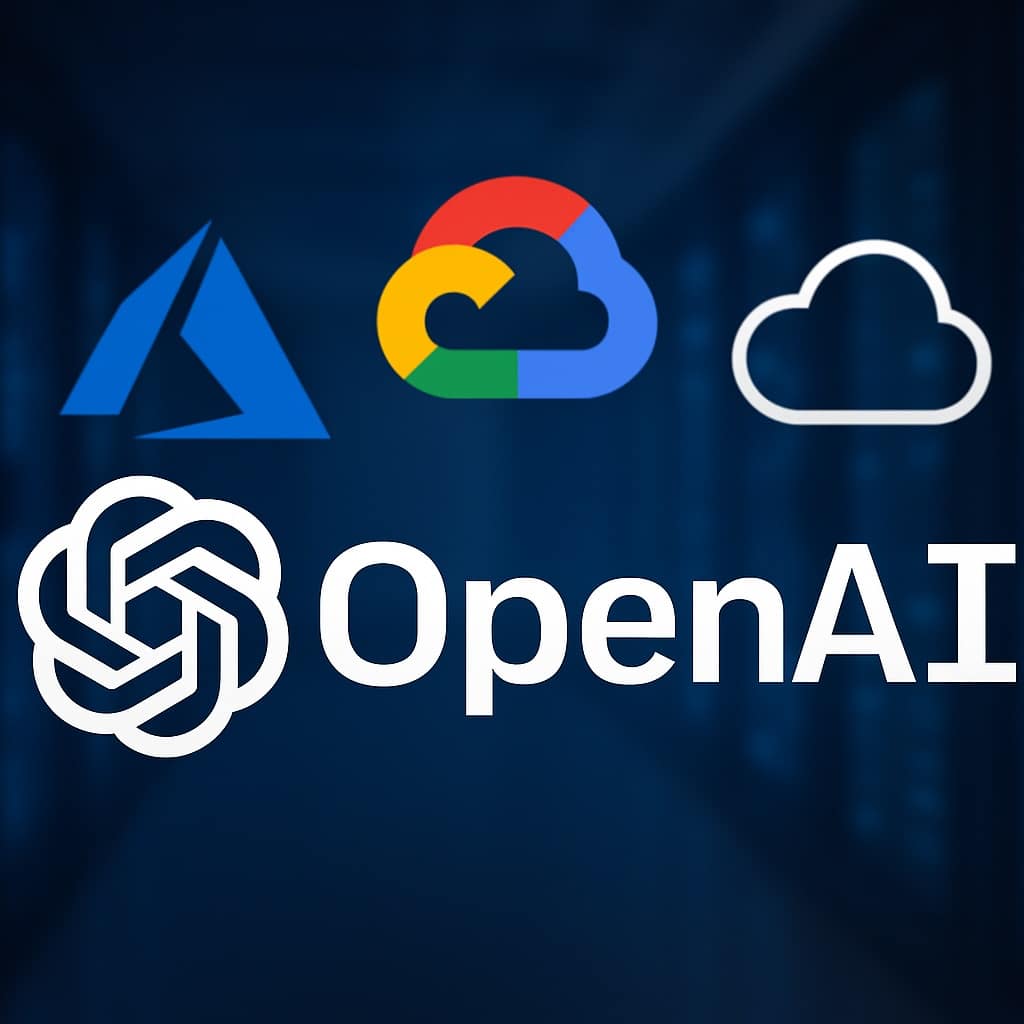OpenAI has surprised the tech sector by signing an agreement with Google Cloud that will allow it to access its cloud computing infrastructure, even as ChatGPT directly competes with Google’s Gemini assistant. The news, first reported by Reuters, marks a significant strategic shift for OpenAI, which has relied almost exclusively on Microsoft Azure since 2019 due to a partnership bolstered by multimillion-dollar investments and integration into tools like Copilot and Bing Chat.
### The Scalability Challenge Fuels Multi-Cloud
The main reason for this agreement is capacity: training AI models is becoming increasingly resource-intensive, and OpenAI seeks to avoid dependence on a single provider to scale its services in response to growing global demand. According to sources cited by Reuters and Axios, the contract will enable OpenAI to leverage Google Cloud’s infrastructure, including its custom TPU chips, to accelerate the development of next-generation models and potentially advance the design of its own chips in the future.
This move follows OpenAI’s recent collaboration on the $500 billion Stargate mega-project alongside Oracle and SoftBank, representing a growing trend in the sector: AI companies are diversifying their infrastructure strategies to gain flexibility and performance, prioritizing scalability over long-term exclusive agreements.
### A Reputational Boost for Google Cloud
For Google, the agreement represents a significant credibility boost. OpenAI joins a roster of major clients like Anthropic and Apple, solidifying Google Cloud as a key player in the battle for AI infrastructure leadership, thanks to its computing power and engineering resources. As internal sources point out, in the cloud, competition between direct rivals like Google and OpenAI takes a backseat to the need to maintain maximum occupancy and profitability of data centers.
### The End of Exclusivity: Rivals Cooperating in the Cloud
The agreement also reflects an evolution in power dynamics in the cloud space. OpenAI, which under its initial agreement with Microsoft had to seek permission to use external providers, can now access additional computing capacity wherever needed thanks to a recent contractual revision. Although the agreement with Google has not yet been made public or operational, it marks the beginning of a phase where multi-cloud flexibility becomes a genuine competitive advantage.
In conclusion, the alliance between OpenAI and Google Cloud symbolizes a new paradigm in the age of artificial intelligence: even the biggest rivals are willing to share critical resources if it ensures the continuity and growth of their services. With skyrocketing demand for AI and competition for hardware at all-time highs, collaboration and diversification of providers are becoming key to surviving and leading in the digital future.

